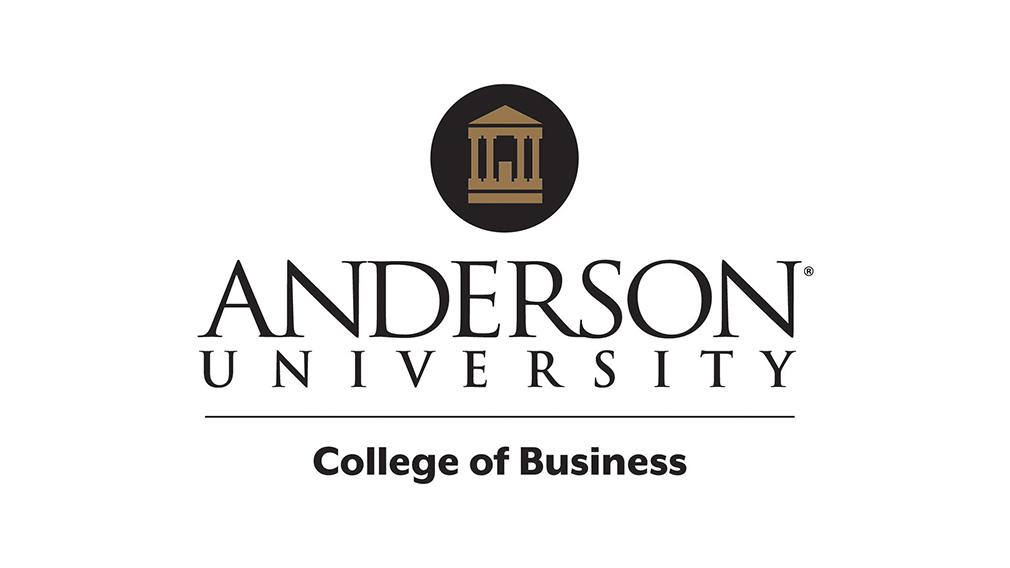Dr. Kent T. Saunders, professor of finance and economics in the College of Business at Anderson University, explores ethical issues concerning the use of Artificial Intelligence (AI).
The term, “artificial intelligence” includes a broad range of systems with various attributes and abilities that is primarily distinguished by the ability to learn. The use of AI in business decision making has grown, continues to evolve rapidly and is now a part of everyday modern life. Siri, Netflix, Amazon and Google all use AI in their searches and recommendations.
In some ways, casting lots can be thought of as an early method of automating decisions. Lot casting in the Bible was used for divine guidance, allocation of the Promised Land, determining duties, assigning guilt and allocating possessions. Automated decision making, including AI and its use of algorithms and machine learning to make decisions, has become increasingly used across multiple business disciplines and organizations with the hope of making quicker and more accurate decisions than could be made by a human. Should a Christian business leader relegate a decision to an automated process?
Just because casting lots might be an acceptable means of Christian decision making does not necessarily mean that using AI would be equally acceptable. For all its vaunted achievements, AI brings with it a series of ethical issues not found in casting lots. The collection of customer data, surveillance, and the loss of privacy are all areas of concern with the growing use of AI. Additionally, because the AI system that makes business decisions evolves independently of its human programmers as it gains new data and applies that data to adjust its algorithms, the reasons for the AI decision becomes unclear. Just as casting lots involves surrendering control and introducing uncertainty to a decision, so does deploying an AI system.
One ethical issue raised by the use of AI in business decisions, similar to one seen in casting lots, is the potential impact it has on assigning moral responsibility for the decision. One of the presumed benefits of casting lots to divide the Promised Land in Joshua 18:10 was the fact that it meant none of the participants in the decision would be held responsible for the outcome. This avoidance of responsibility could be very useful in cases like division of the Promised Land as it could help defuse potential claims of mistreatment if one tribe of Israelites became jealous of another over the quality of their respective inheritances. In Old Testament examples of lot casting, such as the use of the Urim and Thummim in 1 Samuel 14, the decision was considered surrendered to God. Whether God actively responded to these uses of the Urim and Thummim by intervening in the outcomes they prescribed is unknowable at an empirical level and a complicated question theologically. But even if one believed it were so, would that mean it is appropriate to consider the surrendering of a business decision to an AI system to be tantamount to surrendering it to God?
The common surrender of a decision outcome in both casting lots and the use of AI highlights the need to distinguish the use of AI from Biblical lot casting in terms of the ethical issue – the potential transfer of moral responsibility. Casting lots in the Biblical tradition was performed as an act of faith in God, allowing Him to involve Himself in important decisions, and relying upon Him to superintend the outcome. Importantly, those casting lots surrendered both the outcome and the responsibility for it. While Biblical examples of casting lots might involve the transfer of responsibility for a decision to God as an act of faith, a business leader’s transferring responsibility to AI for a decision would not be equally supportable theologically or legally. AI systems are not God, and business leaders should not surrender moral responsibility for decisions made by AI as the ancient Israelites did in casting lots. As a mechanical system, AI is nothing more than a tool wielded by the business. The business is no less responsible for the AI system’s decisions than a carpenter is for the cuts made by his saw.
The time is now for Christian business leaders to clarify our approach to AI in business decisions. Some of the key opportunities of sanctification afforded to all believers are the chances we have to sort through difficult ethical issues (Philippians 2:12). Christian business people have the opportunity to harness the speed and accuracy of AI to be more faithful, more ethical, and better stewards of the resources God has gifted them. But this improvement will only occur if they proceed faithfully, retaining responsibility for all the actions of the businesses they manage.
This article is based on a recently published manuscript by Larry Locke and I titled “Casting Lots, Gambling, and Artificial Intelligence” in the Journal of Biblical Integration in Business.

